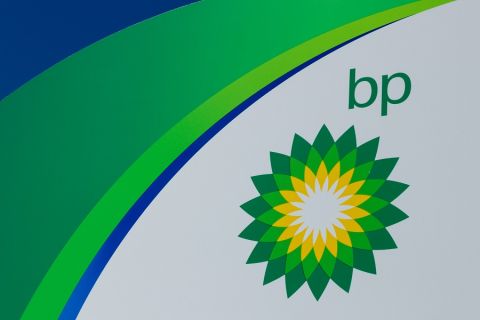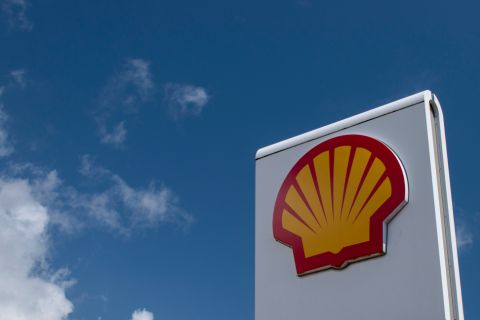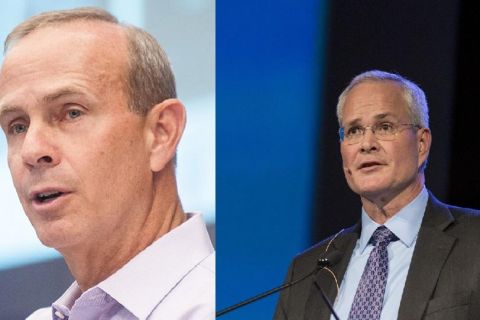Neuquen province, site of Vaca Muerta shale play, will grant six new exploration concessions before the end of the year, a local government adviser told Reuters, bringing the country closer to becoming a world oil exporting power.
With investments in Vaca Muerta expected to total $27.3 billion over the next four years, Neuquen could double the country’s oil production, generating close to $12 billion in exports per year, Jorge Sapag, a former Neuquen governor who is advising the current government, said in an interview with Reuters in Buenos Aires.
“There are 8,222 square kilometers of concessions for 35 years, which represents 27% of Vaca Muerta. There are 34 concessions right now, and by the end of the year, another six will be approved,” said Sapag, who led the province for two consecutive terms from 2007 to 2015.
Vaca Muerta, about the size of Belgium, could house one of the biggest reserves of shale gas and oil in the world. It is a key component in President Mauricio Macri’s plan to end the importation of energy in Argentina and instead convert the country to a net exporter.
The energy independence effort would boost the flow of foreign currency into the country as Macri’s administration seeks to rein in inflation and dig the country out of a recession.
Vaca Muerta has 10 concessions that have moved on to full development, including three areas Shell announced at the end of 2018 it would ramp up to full-scale development.
“If the investment commitment of the 34 massive development concessions is met for the next 20 years, that's $170 billion,” Sapag added.
Neuquen, which produces 135,000 barrels of oil per day out of the country’s overall 500,000 barrel daily output, could boost its own output to 500,000 barrels per day by the 2022-2023 period, depending on the investments committed and how many wells are approved.
According to the Rosario Exchange, which trades stocks and grains, the country’s oil and gas exports could rival agriculture exports, potentially reaching $25.4 billion by 2030.
Macri will seek re-election in October, running against a political pairing of moderate Peronist Alberto Fernandez and firebrand ex-president Cristina Fernandez. Macri is hoping to attract foreign investment, especially in the energy sector, after foreign companies were scared off by Cristina Fernandez's interventionist policies, such as eliminating currency controls.
Recommended Reading
BP Pursues ‘25-by-‘25’ Target to Amp Up LNG Production
2024-02-15 - BP wants to boost its LNG portfolio to 25 mtpa by 2025 under a plan dubbed “25-by-25,” upping its portfolio by 9% compared to 2023, CEO Murray Auchincloss said during the company’s webcast with analysts.
Shell’s CEO Sawan Says Confidence in US LNG is Slipping
2024-02-05 - Issues related to Venture Global LNG’s contract commitments and U.S. President Joe Biden’s recent decision to pause approvals of new U.S. liquefaction plants have raised questions about the reliability of the American LNG sector, according to Shell CEO Wael Sawan.
Enbridge Advances Expansion of Permian’s Gray Oak Pipeline
2024-02-13 - In its fourth-quarter earnings call, Enbridge also said the Mainline pipeline system tolling agreement is awaiting regulatory approval from a Canadian regulatory agency.
Exxon, Chevron Tapping Permian for Output Growth in ‘24
2024-02-02 - Exxon Mobil and Chevron plan to tap West Texas and New Mexico for oil and gas production growth in 2024, the U.S. majors reported in their latest earnings.
Tellurian, Institution Investor Agree to New Loan Repayment Terms
2024-02-22 - Tellurian reached an agreement with an unnamed institutional investor to pledge its interest in the Driftwood project as collateral.




